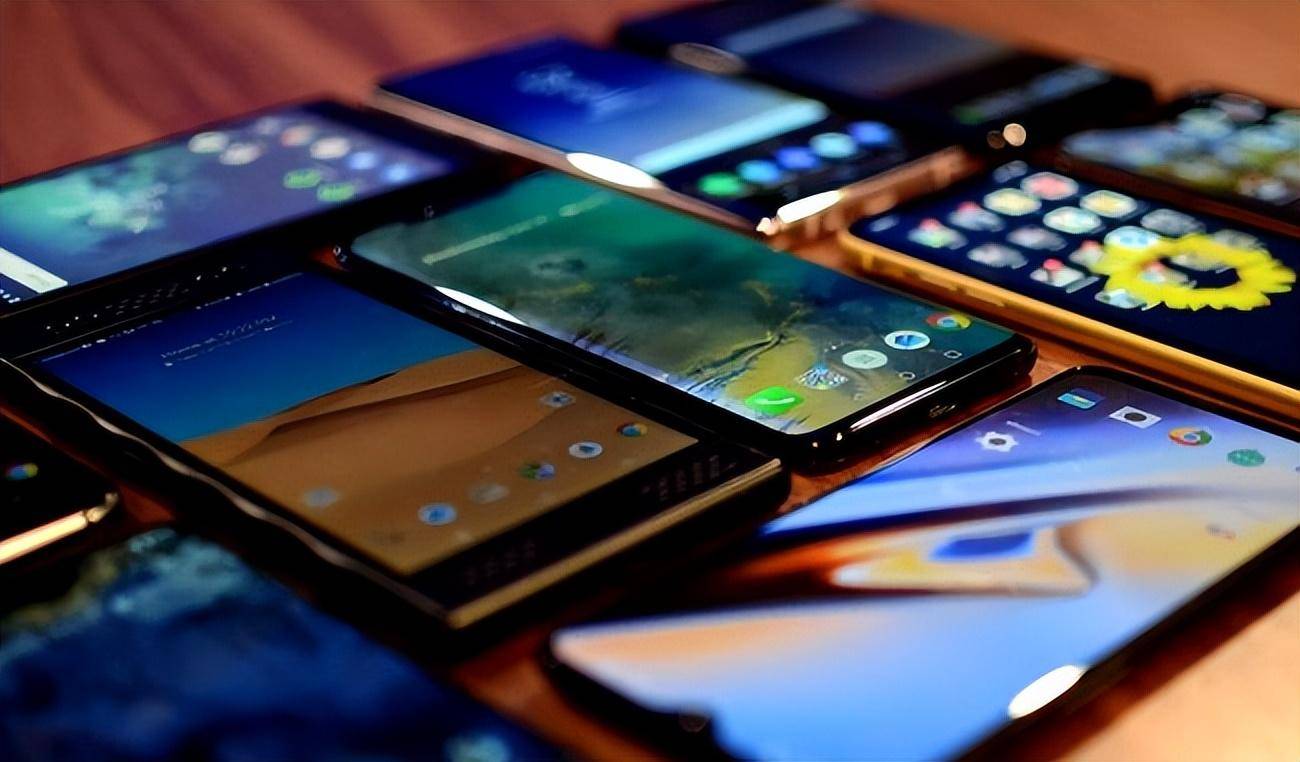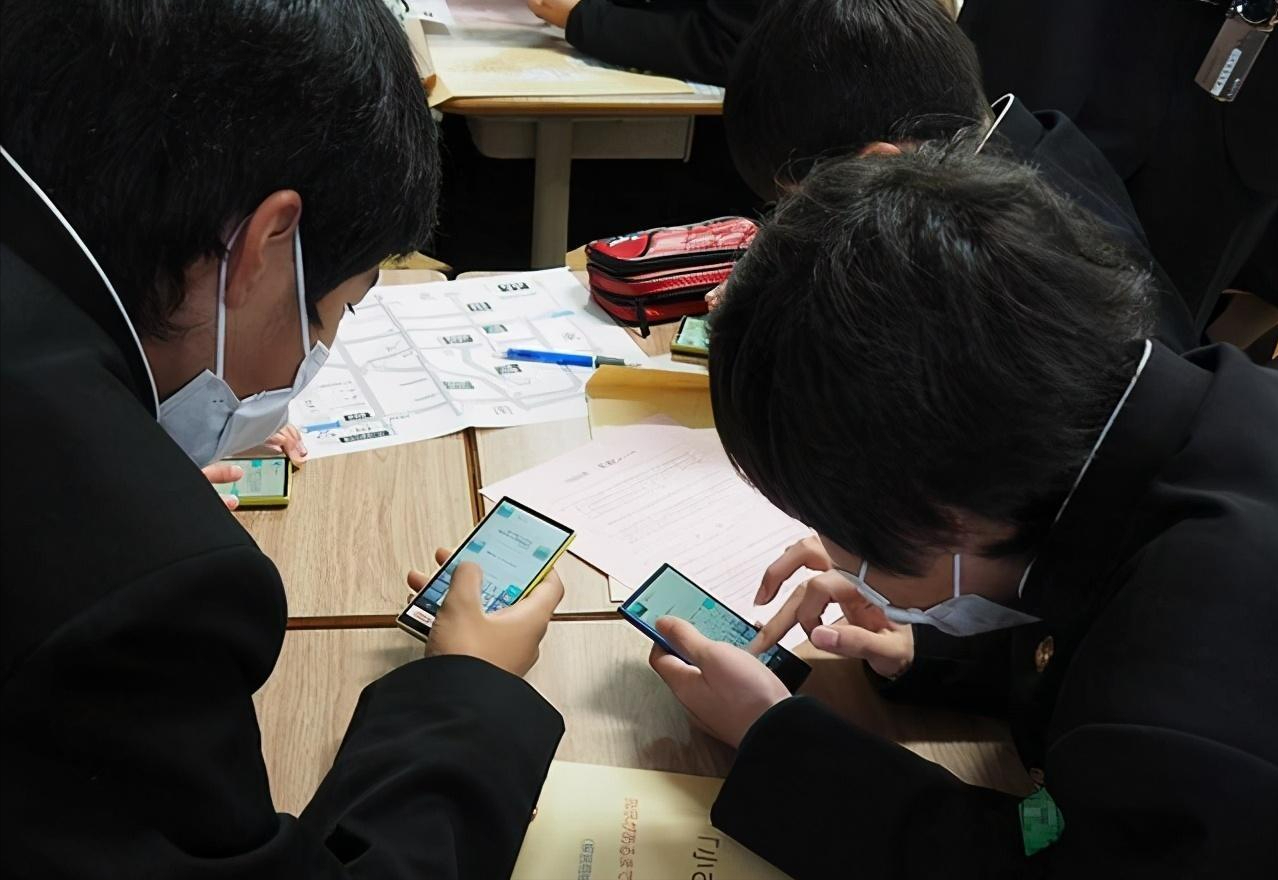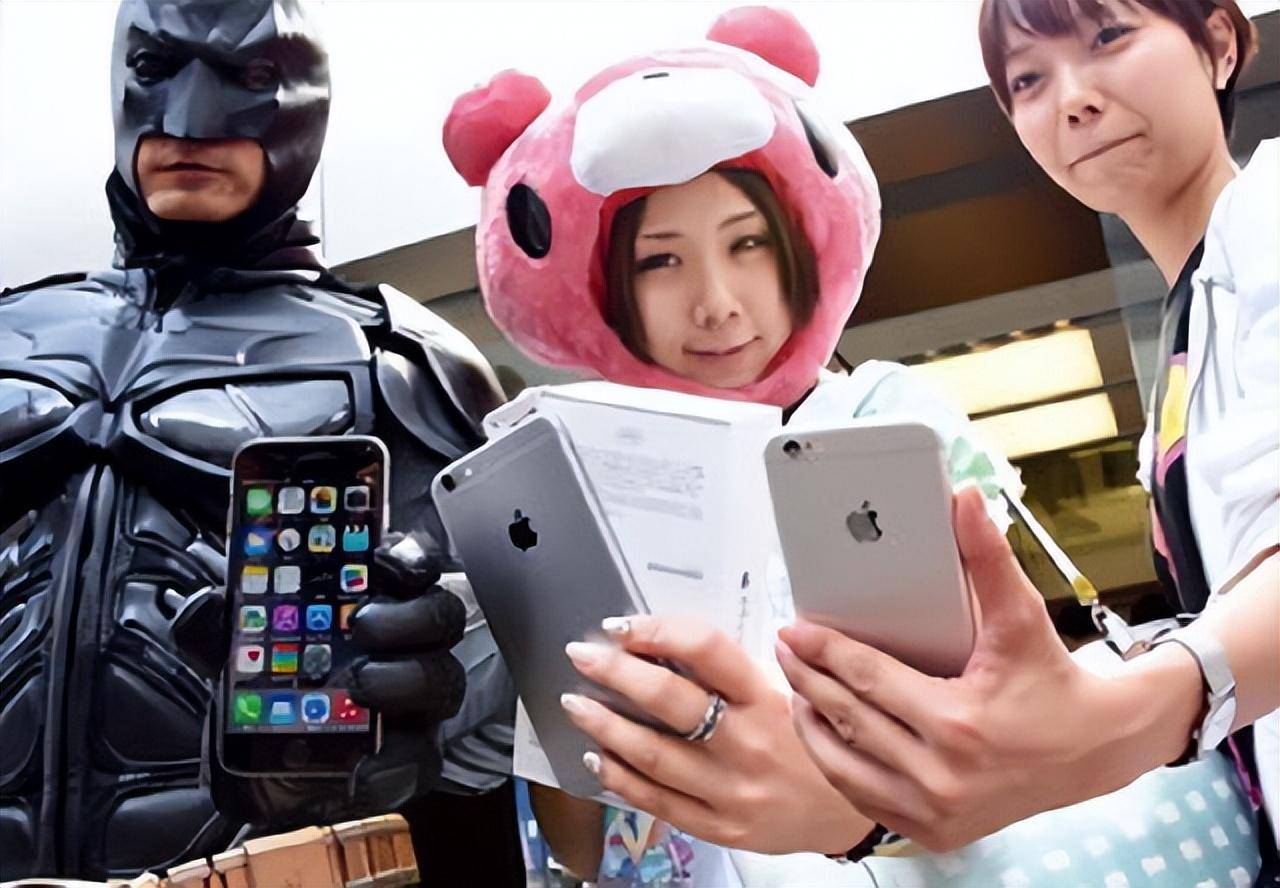Why do Chinese smartphones struggle in Japan?
These days, Chinese smartphone brands have plans for global expansion. However, in their first steps in Asia, Chinese brands have faced difficulties in the Japanese market.
According to reports from reputable analysis organizations, since 2019, the Japanese smartphone market has been dominated by models produced by Apple, Sharp, Samsung, Sony, and Kyocera.
Among these 5 brands, only Apple and Samsung are from foreign countries while the rest are domestic brands in Japan. Huawei, Vivo, Oppo… the brands that Chinese people are proud of are not present in the report.

The story began in 2018, when Apple’s market share in the Japanese market started to expand, even surpassing the brand in the second place.
In 2019, Apple continued to hold a 54% market share and the most shocking thing was that, we know that the Japanese people are very loyal to domestic brands, but Sharp smartphones only accounted for 13% of the market share.
It can be said that in Japan, Apple is far ahead of its competing rivals, and no one can catch up. Why is that?
After many years, the production of Japanese smartphones has lost its competitiveness in the international market, their domestic brands such as Kyocera, Fujitsu, Sharp… are still in operation but they are only considered to have “average quality”.
But why are Japanese smartphones at a disadvantage not only against Apple but also Samsung, and Chinese smartphone brands that are “rising” cannot penetrate this market?
What do the Japanese dislike about Chinese smartphones?
The fact that the Japanese choose iPhone is very understandable because Apple’s smartphone is popular among young people with smooth features and the best design among smartphones.
But respecting local smartphone brands is also a concept that the Japanese adhere to. Moreover, the whole country of Japan pursues simplicity and long-lasting values.
Compared to the flashy and vibrant designs of Chinese smartphones, Japanese users prefer designs in a “cool” style.

In addition, after-sales service is also an important reason why Japanese people choose domestic smartphones. Many people use them not only for a new experience but also for the expectation of after-sales service.
In Japan, if a smartphone quickly malfunctions and faces difficulties in after-sales service, it will definitely disappear from the market.
Based on the pragmatic personality of the Japanese, domestic brands not only have full features and simple designs but also have convenient after-sales mechanisms, so they will naturally choose these brands.
In addition, in China, when a smartphone is promoted, most brands will invite celebrities to participate. The reason is that, in large markets like China, there are countless fans who will follow idols without thinking too much about what they are buying.
Therefore, when Oppo and Vivo smartphones infiltrated Japanese shopping centers with similar strategies, they faced incomprehensible looks from the Japanese.
Why is the advertisement so big? Why does the representative occupy 90% of the area while the smartphone is in a small corner?
The Japanese dislike that kind of propaganda-type advertisement, so they trust Apple and local brands more. It can be said that experience is a weakness that Chinese brands need to overcome.

Opportunities?
However, there are still opportunities for Chinese brands in the Japanese market
Sony and Sharp phones once had a golden time, on par with Samsung, Motorola, Nokia. The “brick” phones they sold at that time had web browsing and email capabilities…
However, this advantage did not last long, the reason being that Japanese brands currently have 3 weaknesses.
First, when buying a phone in Japan, you can only choose to buy them with a service contract from a network provider. Users can only choose what the network providers sell.
Next is the lack of innovation – this is also an important reason that Japanese smartphones have been pushed out of the international market.
Because they cannot master the development of system software technology, they are left behind in researching and developing new functions.
Finally, “Made in Japan” goods are very expensive. For many Japanese users, choosing to buy domestic smartphones is to show their patriotism – because the Android smartphones they produce are even more expensive than the iPhone.
All of the above weaknesses require Chinese brands to study more deeply about the international market and develop products that are suitable for the habits of foreign users.












